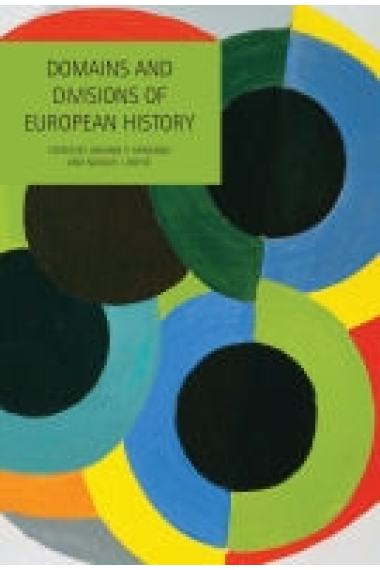
Book Details
In this regard, considerations based on present circumstances can link up with those suggested by new scholarly approaches. The progress of historical sociology has, among other things, led to more active interest in the identities, structures and boundaries of historical formations, geocultural as well as geopolitical, and more specifically in historical regions of varying dimensions. Such perspectives can throw light on multiple aspects of European history.
The main emphasis is on the multiple but interrelated divisions that have shaped the course of European history and crystallized in different patterns during successive phases. But the question of European unity will be discussed extensively in the first section of the book, and later chapters will include references to the perceptions and interpretations of unity that develop in different parts of a divided Europe. Within the broad spectrum of dividing lines, the primary focus will be on regional ones, and more precisely on the level that some historians call meso-regional, in contrast to both macro-regional constructs (such as Europe or even Eurasia as a whole) and the micro-regions that can be distinguished at the sub-national level. This topic has in the past few years attracted growing attention among historians, and it has proved interesting not only in its own right, but also as a way of bringing together a variety of other perspectives; but at the same time, the need for more precise conceptual demarcation has been highlighted. Finally, the book will lay particular stress on one region and the debates that have developed around it. Whether it should be identified as Central or East Central Europe is a question that will be considered, but apart from this disagreement on the label and the boundaries that it indicates, this part of Europe has not only been the topic of the most intensive discussion of regional identity, but also the source of some particularly seminal reflections on the general theme of the book: the unity and the divisions of European history.
- Binding Others
- ISBN13 9781846312144
- ISBN10 1846312140
- Pages 244
- Published 2010
- Language English
Domains and division of European history
- Author Johann P. Arnason
- Publisher LIVERPOOL
- ISBN 9781846312144

Our booksellers can check its availability and give you an estimate of when it will be ready.
 Thank you for shopping at real bookstores!
Thank you for shopping at real bookstores!

 Alibri Llibrería, Barcelona
Alibri Llibrería, Barcelona
 Librería Lé, Madrid
Librería Lé, Madrid
 Caselles Llibrería, Lleida
Caselles Llibrería, Lleida








